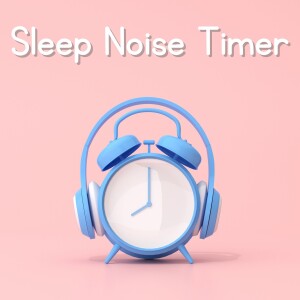
Sunday Oct 27, 2024
12 Hours of Green Noise for Deep Sleep
Click here for more: https://sleep.whitenoiseplaylist.com/snooze 12 hours of green noise for deep sleep. Please follow/subscribe!
Green noise, often described as a constant sound with equal energy per octave, has gained popularity as a soothing background for those seeking a restful night's sleep. Its benefits are numerous and scientifically supported. Firstly, green noise acts as a natural sleep aid by masking disruptive sounds in the environment. Unlike sudden and jarring noises, green noise's consistent and balanced spectrum of frequencies provides a gentle auditory backdrop, helping individuals stay asleep or fall asleep more easily. This is particularly beneficial for light sleepers or those living in noisy urban areas, as it creates a tranquil auditory environment conducive to deep rest.
Green noise has been found to have a calming effect on the nervous system. Its steady and predictable pattern of sound can help reduce anxiety and stress levels, which are often culprits behind sleep disturbances. As it promotes relaxation, green noise can lower heart rate and blood pressure, making it a valuable tool for individuals who struggle with insomnia or experience high levels of nighttime stress. This soothing auditory experience can induce a state of relaxation, paving the way for a more peaceful and rejuvenating night's sleep.
In addition, green noise offers cognitive benefits that extend beyond sleep. Research suggests that exposure to green noise can enhance cognitive performance, including memory consolidation and problem-solving abilities. These improvements are thought to result from the noise's ability to promote stable and undisturbed sleep, allowing the brain to undergo essential processes related to memory and learning. Incorporating green noise into your sleep routine not only aids in achieving a better night's sleep but can also lead to improved daytime cognitive function and overall well-being.
Sweet dreams!
DISCLAIMER: Do not turn the volume up so high that you are unable to have a regular conversation. Loud sounds can potentially damage your hearing. While listening, make sure the sound is at a reasonable volume. Do not place speakers next to a child's ears. If you have difficulty hearing or hear ringing in your ears, please immediately discontinue listening and consult an audiologist or physician.
No comments yet. Be the first to say something!